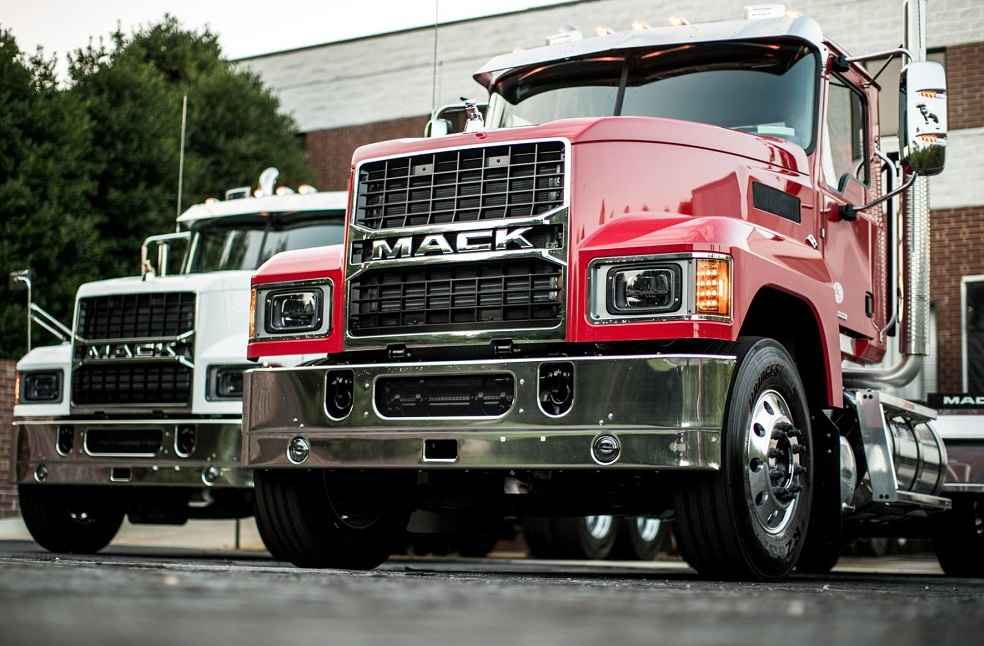The United Auto Workers (UAW) union’s recent tentative contract announcement with Mack Trucks, a subsidiary of the Volvo Group, presents a pivotal moment for industrial labor relations on a global scale. This five-year pact, set to impact approximately 4,000 workers across Pennsylvania, Maryland, and Florida, emphasizes the evolving dynamics between corporations and their workforce.
While the agreement promises competitive wages and enduring benefits for Mack employees, it also underscores the intricate equilibrium corporations strive to achieve, addressing worker demands while ensuring profitability and market competitiveness.

The UAW, with its considerable influence beyond just the United States, plays a crucial role in shaping labor relations internationally. As global corporations operate across diverse jurisdictions, the outcomes of negotiations in one region can potentially set precedents elsewhere. This renders the UAW’s engagement with Mack Trucks not just a regional, but a global point of interest.
Contrastingly, the UAW’s intensified stance against other major automakers, especially with the recent expansion of strikes involving 7,000 workers against Detroit giants like Ford and General Motors, highlights the variance in labor negotiations.

At the core of these discussions lies a recurring debate, the balance between offering competitive wages and the eventual cost implications for end products, such as vehicles. This challenge, faced by automakers globally, becomes even more pronounced when compared with production costs at nonunion plants managed by global entities.
With these developments potentially catalyzing discussions on labor relations’ future, industry leaders, policymakers, and consumers will closely monitor the ripple effects on the expansive industrial canvas across continents.
EDITOR’S PICK | Canadian Auto Workers and Ford Ink Wage Deal as U.S. Strikes Persist





